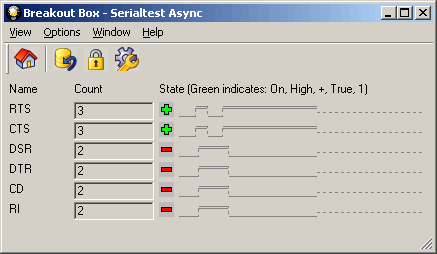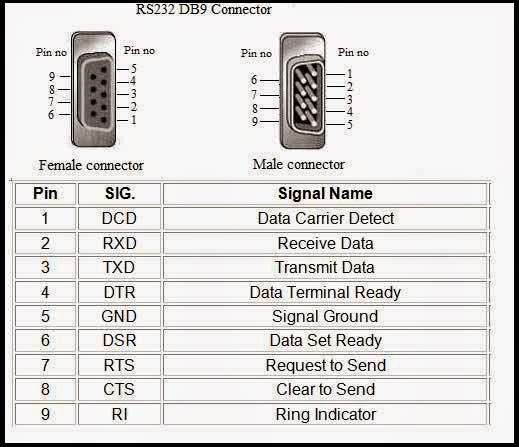
Python Serial Rts Cts Protocol
Python standard libraries and micro-libraries. Class UART – duplex serial communication bus. Can be 0, UART.RTS, UART.CTS or UART.RTS UART.CTS. Timeout is the timeout in milliseconds to wait for writing/reading the first character. Python serial port access library. Join GitHub today. GitHub is home to over 28 million developers working together to host and review code, manage projects, and build software together.
Features • Same class based interface on all supported platforms. • Access to the port settings through Python properties.
• Support for different byte sizes, stop bits, parity and flow control with RTS/CTS and/or Xon/Xoff. • Working with or without receive timeout. • File like API with “read” and “write” (“readline” etc. Also supported). • The files in this package are 100% pure Python.
• The port is set up for binary transmission. No NULL byte stripping, CR-LF translation etc. (which are many times enabled for POSIX.) This makes this module universally useful. • Compatible with library • RFC 2217 client (experimental), server provided in the examples.
From machine import UART uart = UART ( 1, 9600 ) # init with given baudrate uart. Init ( 9600, bits = 8, parity = None, stop = 1 ) # init with given parameters Supported paramters differ on a board: Pyboard: Bits can be 7, 8 or 9. Stop can be 1 or 2. With parity=None, only 8 and 9 bits are supported.
With parity enabled, only 7 and 8 bits are supported. WiPy/CC3200: Bits can be 5, 6, 7, 8. Stop can be 1 or 2.
A UART object acts like a stream object and reading and writing is done using the standard stream methods. • baudrate is the clock rate. • bits is the number of bits per character, 7, 8 or 9. • parity is the parity, None, 0 (even) or 1 (odd). • stop is the number of stop bits, 1 or 2. • pins is a 4 or 2 item list indicating the TX, RX, RTS and CTS pins (in that order).
Any of the pins can be None if one wants the UART to operate with limited functionality. If the RTS pin is given the the RX pin must be given as well. The same applies to CTS. When no pins are given, then the default set of TX and RX pins is taken, and hardware flow control will be disabled. If pins=None, no pin assignment will be made. Deinit ( ) Turn off the UART bus.
Any ( ) Returns an integer counting the number of characters that can be read without blocking. It will return 0 if there are no characters available and a positive number if there are characters. The method may return 1 even if there is more than one character available for reading.
For more sophisticated querying of available characters use select.poll. Poll = select. Poll () poll. Register ( uart, select. POLLIN ) poll. Poll ( timeout ) UART. Read ( [ nbytes ] ) Read characters.
If nbytes is specified then read at most that many bytes, otherwise read as much data as possible. Return value: a bytes object containing the bytes read in. Returns None on timeout. Readinto ( buf [, nbytes ] ) Read bytes into the buf.
 If nbytes is specified then read at most that many bytes. Otherwise, read at most len(buf) bytes.
If nbytes is specified then read at most that many bytes. Otherwise, read at most len(buf) bytes.
Return value: number of bytes read and stored into buf or None on timeout. Readline ( ) Read a line, ending in a newline character. Return value: the line read or None on timeout. Write ( buf ) Write the buffer of bytes to the bus.

Return value: number of bytes written or None on timeout. Sendbreak ( ) Send a break condition on the bus.
This drives the bus low for a duration longer than required for a normal transmission of a character. Irq ( trigger, priority=1, handler=None, wake=machine.IDLE ) Create a callback to be triggered when data is received on the UART.